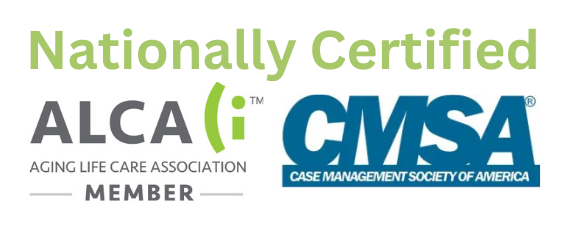Cognitive Health and Older Adults
Read and share this infographic about how brain health affects many aspects of life. Cognitive health is the ability to think, learn, and remember clearly. It is needed to carry out many everyday activities effectively. Cognitive health is just one aspect of overall brain health. Many factors contribute to cognitive health. Genetic, environmental, and lifestyle factors…









